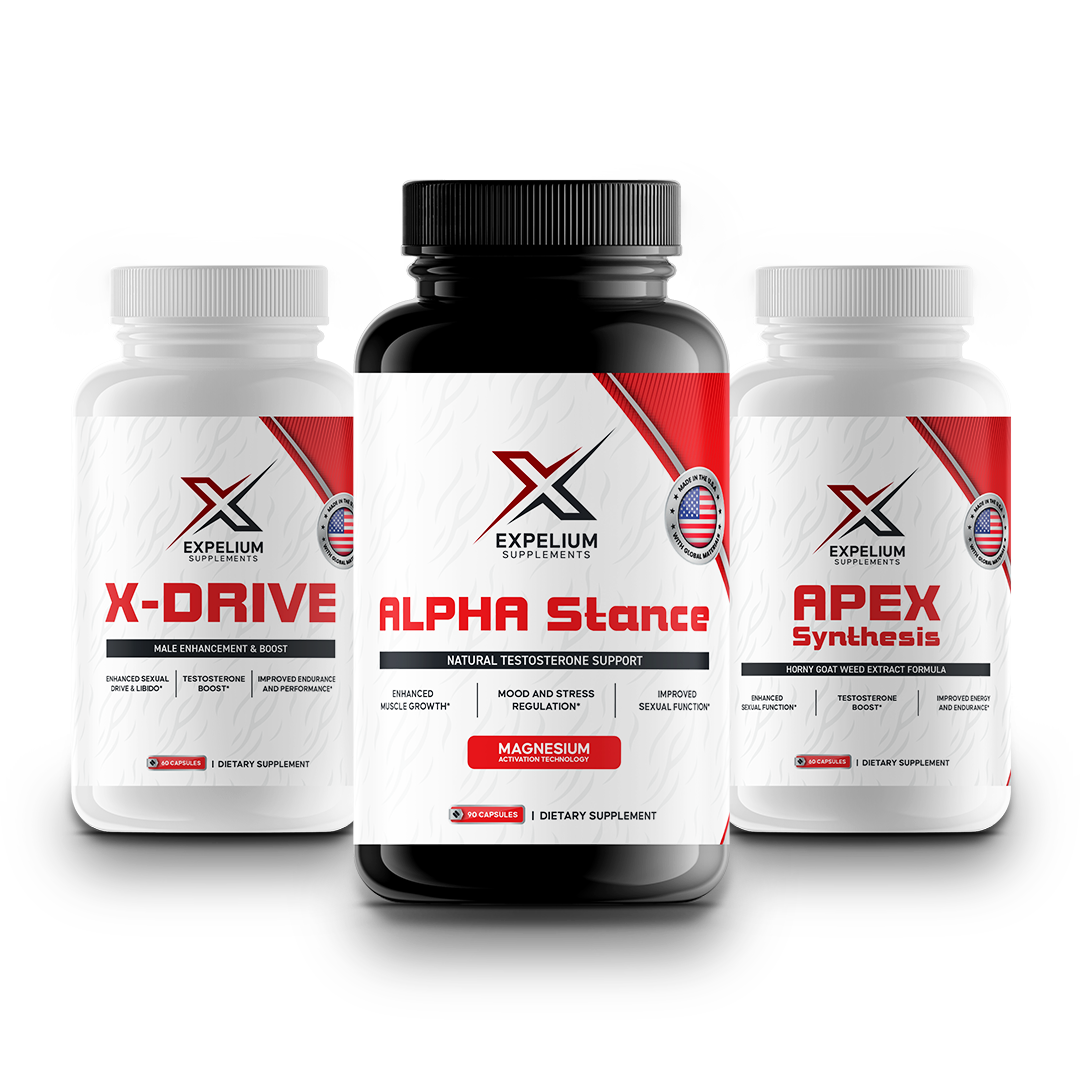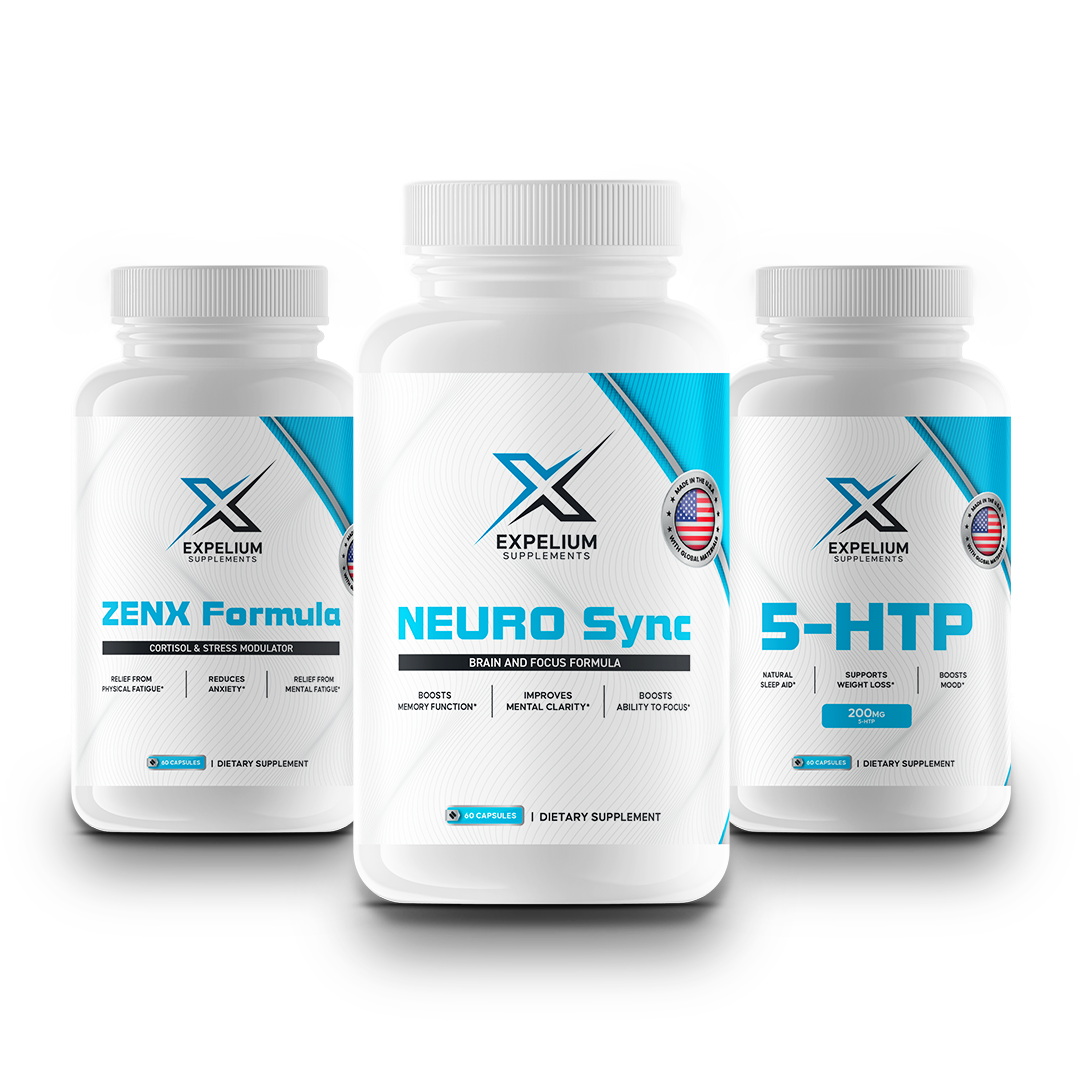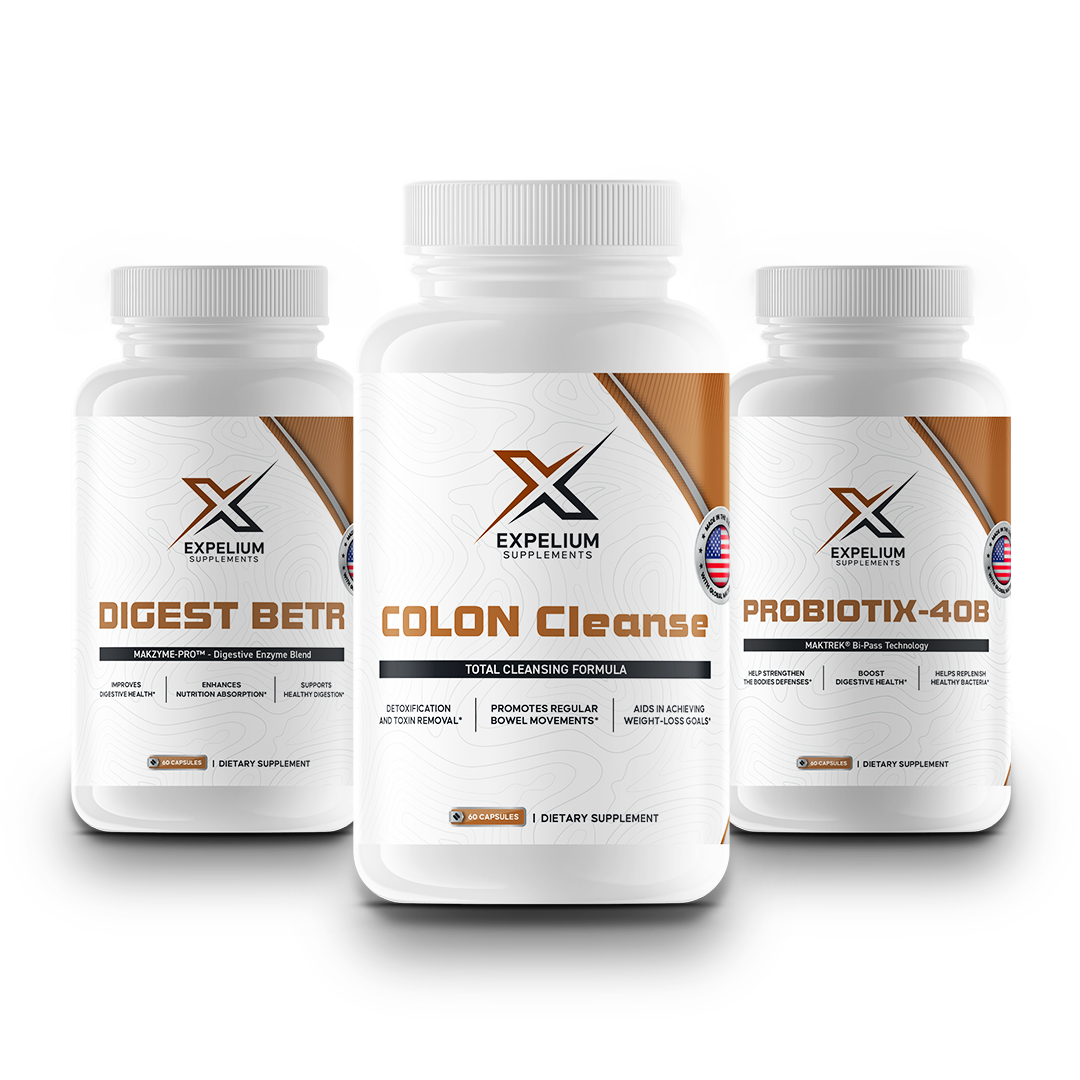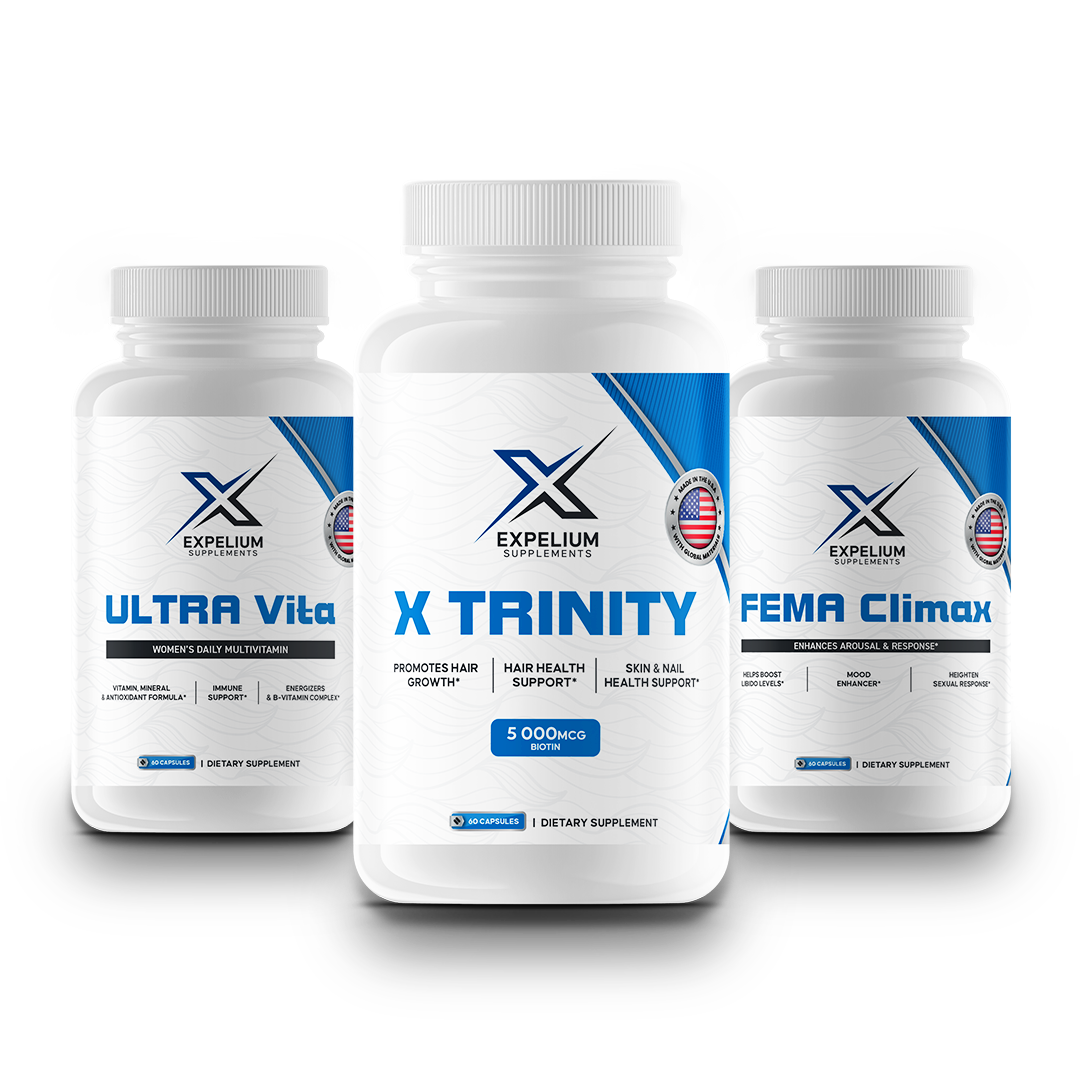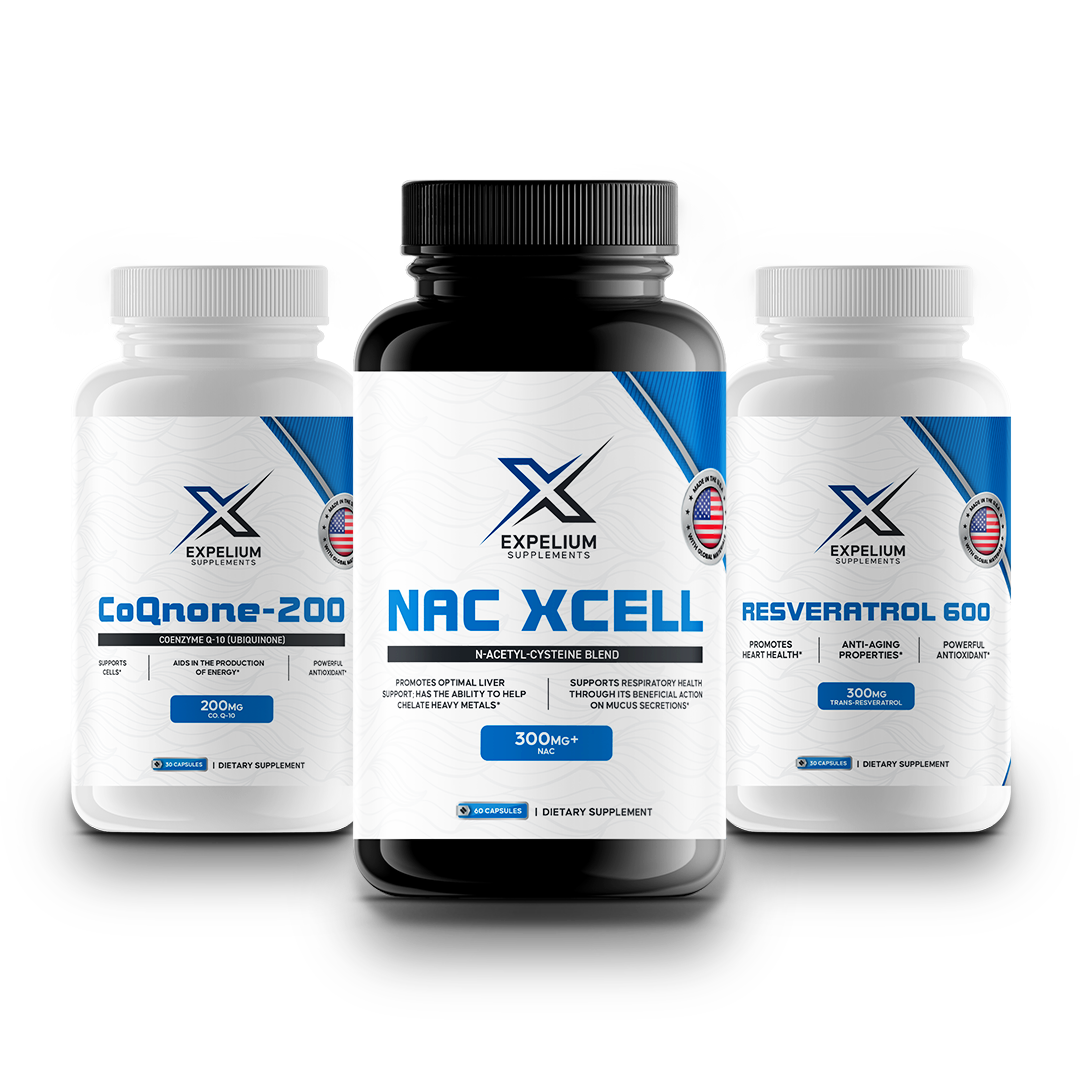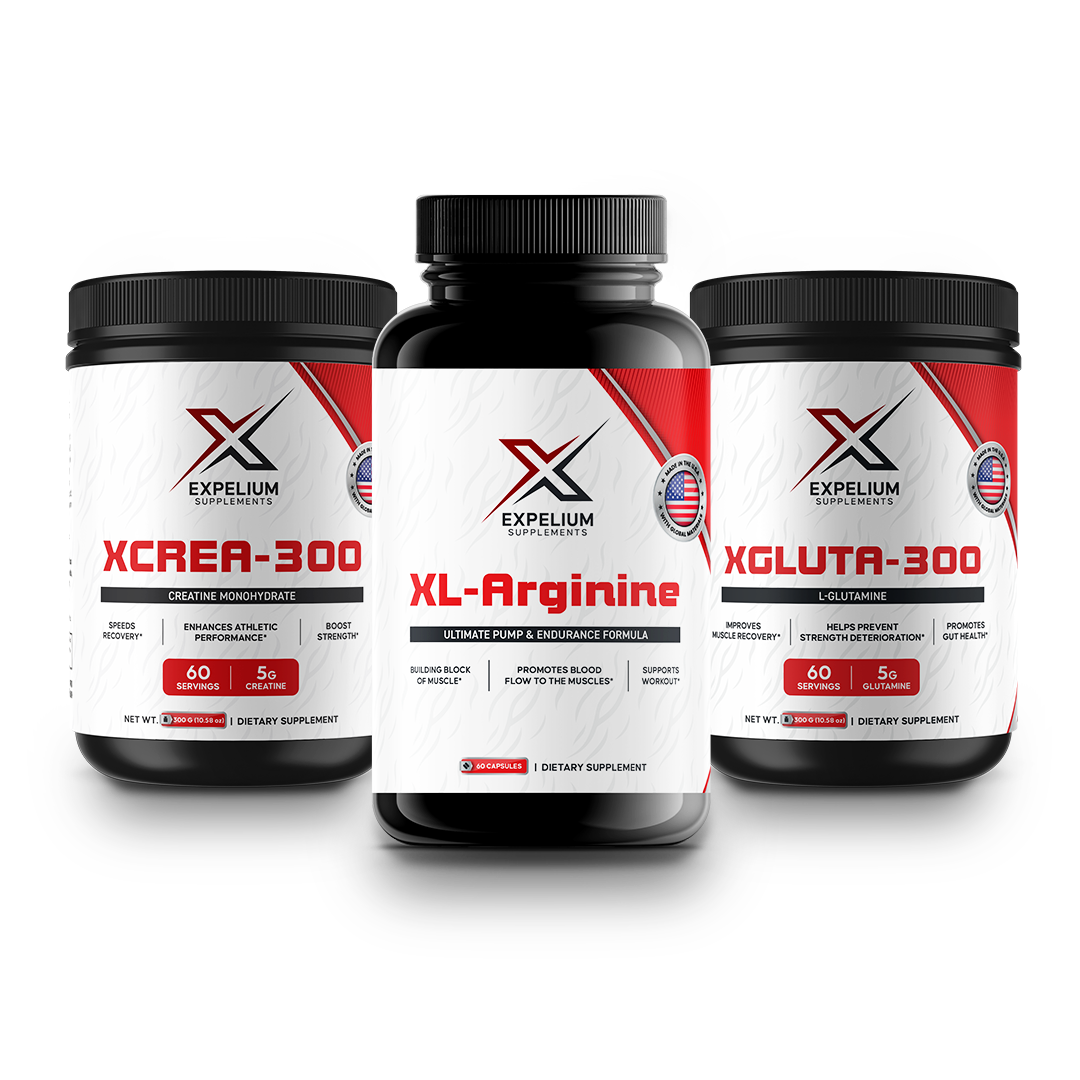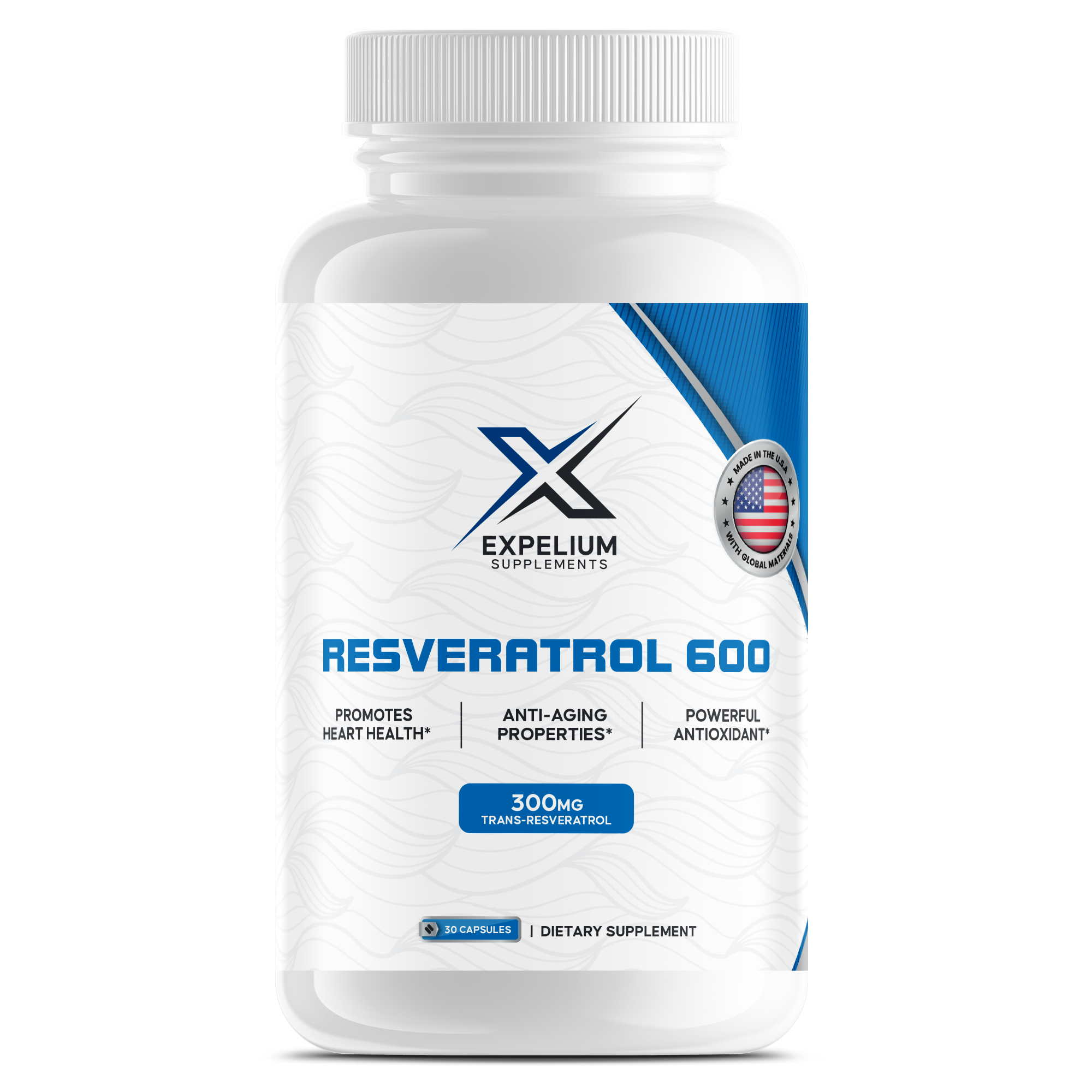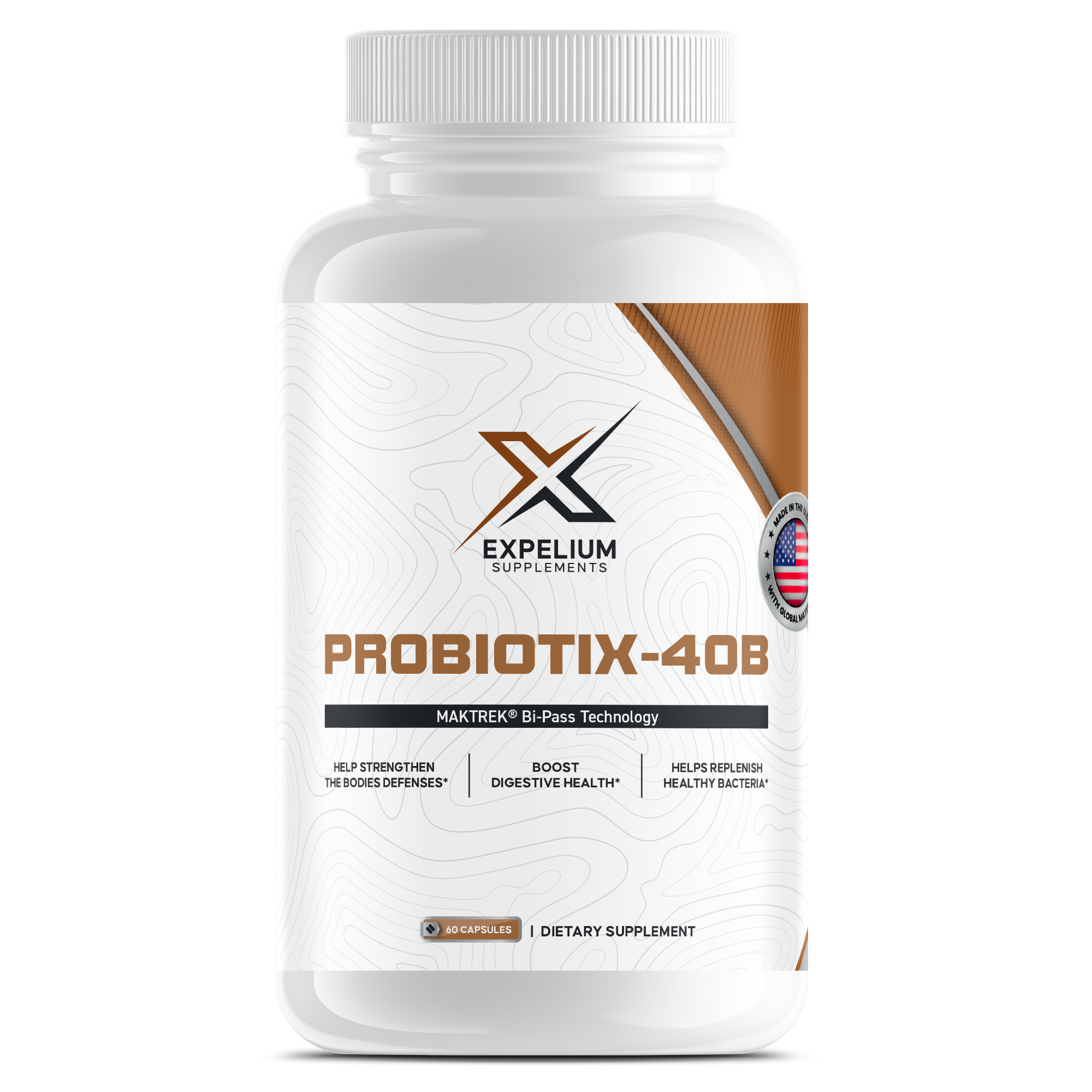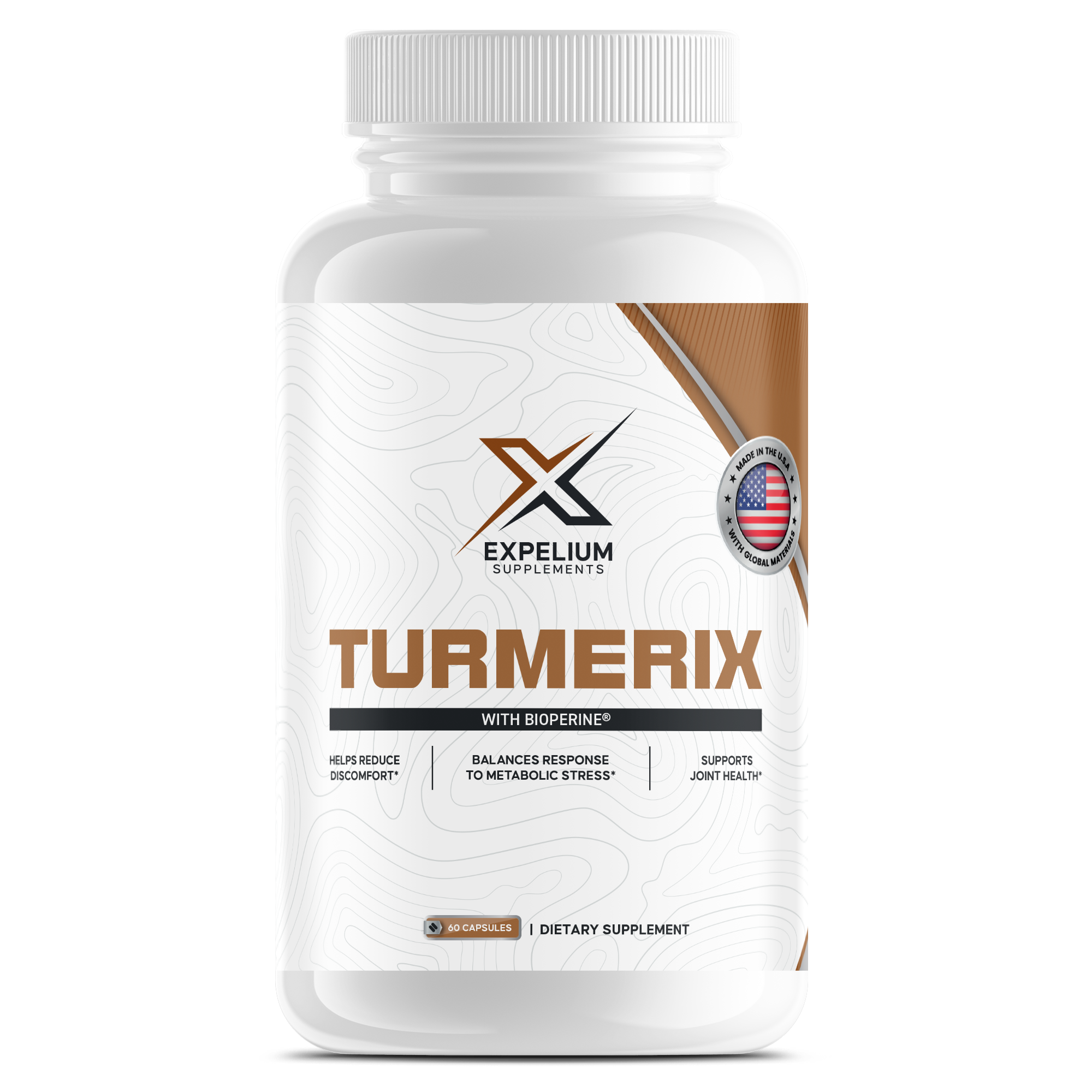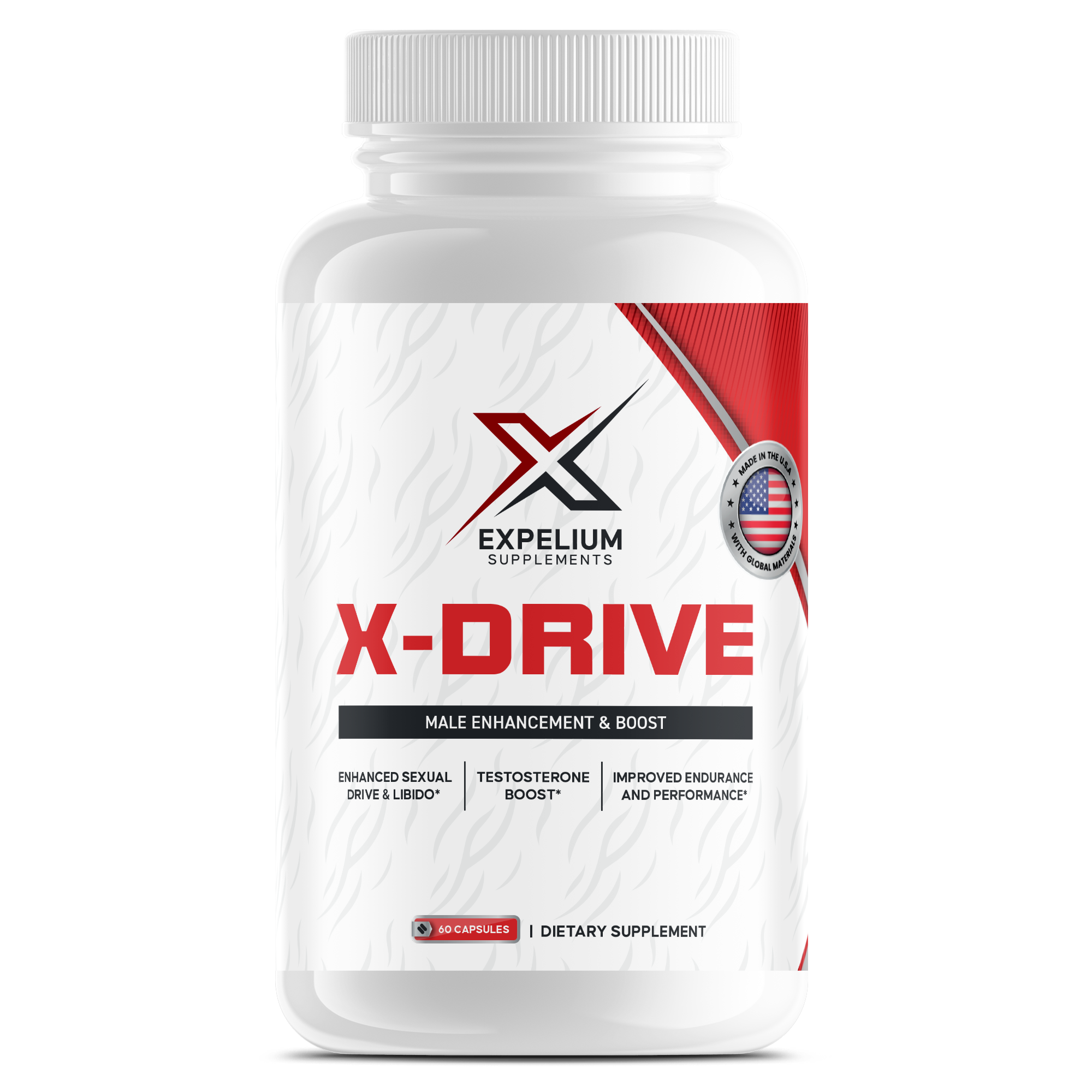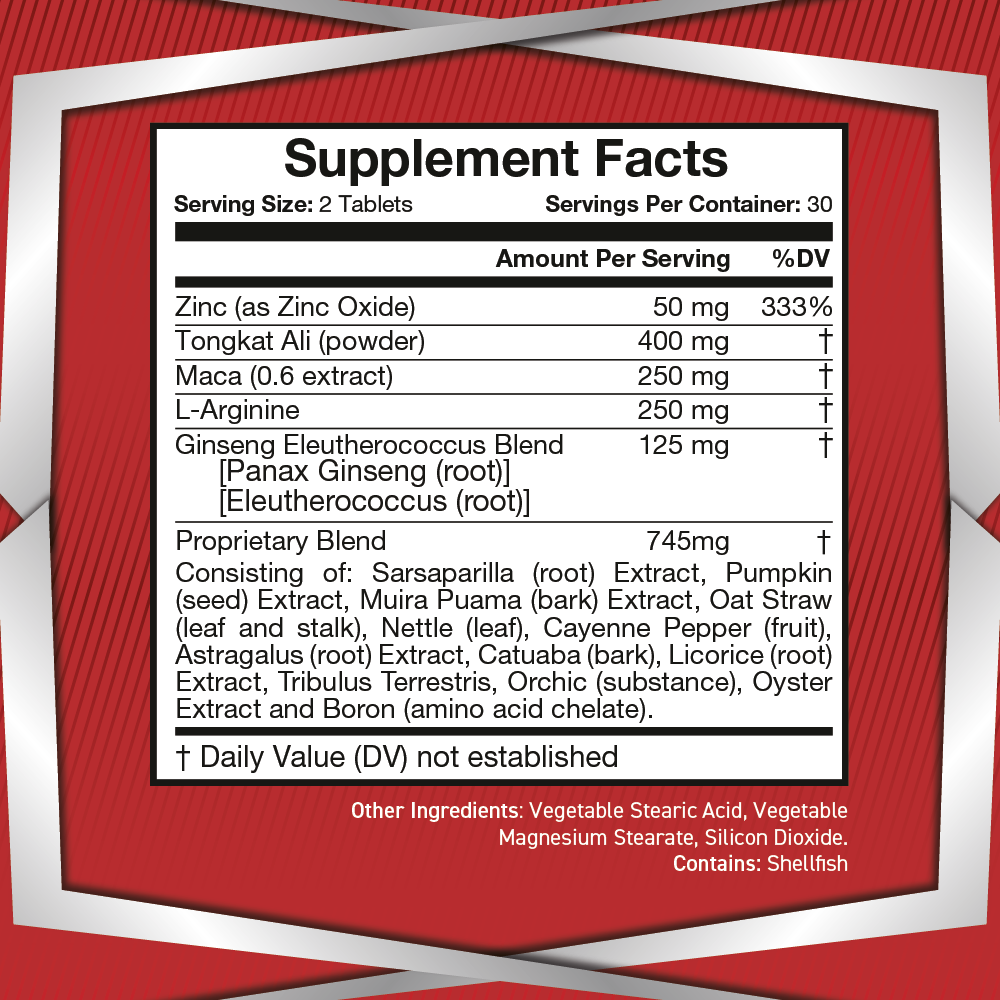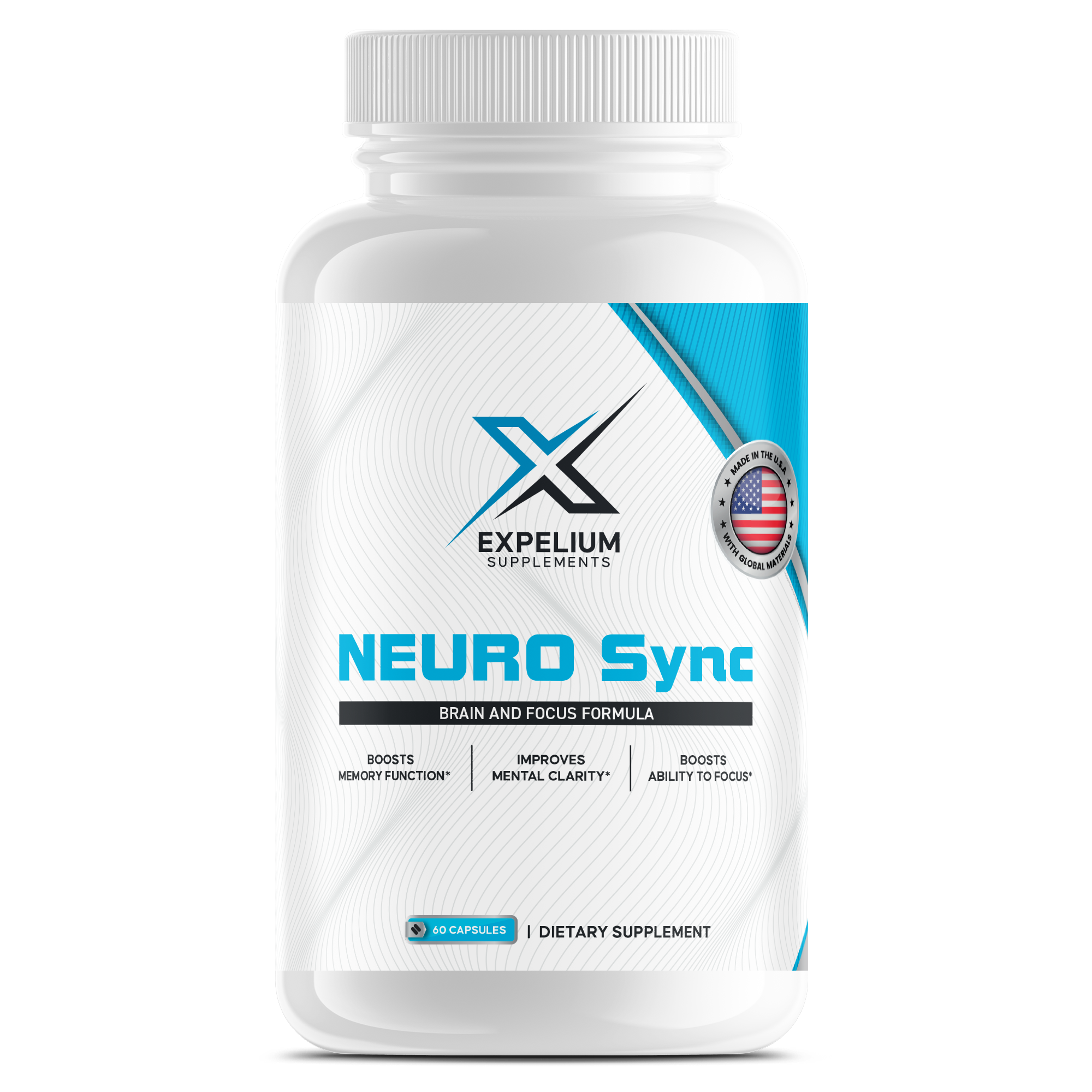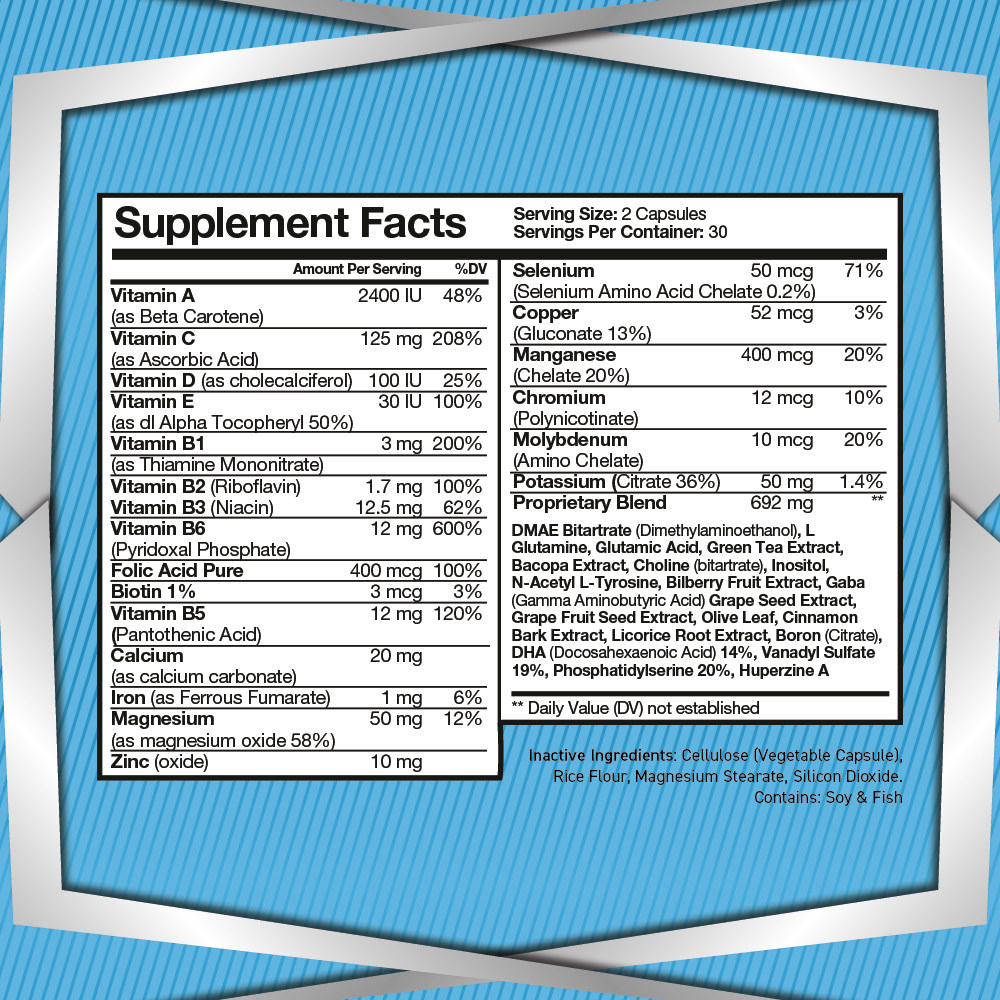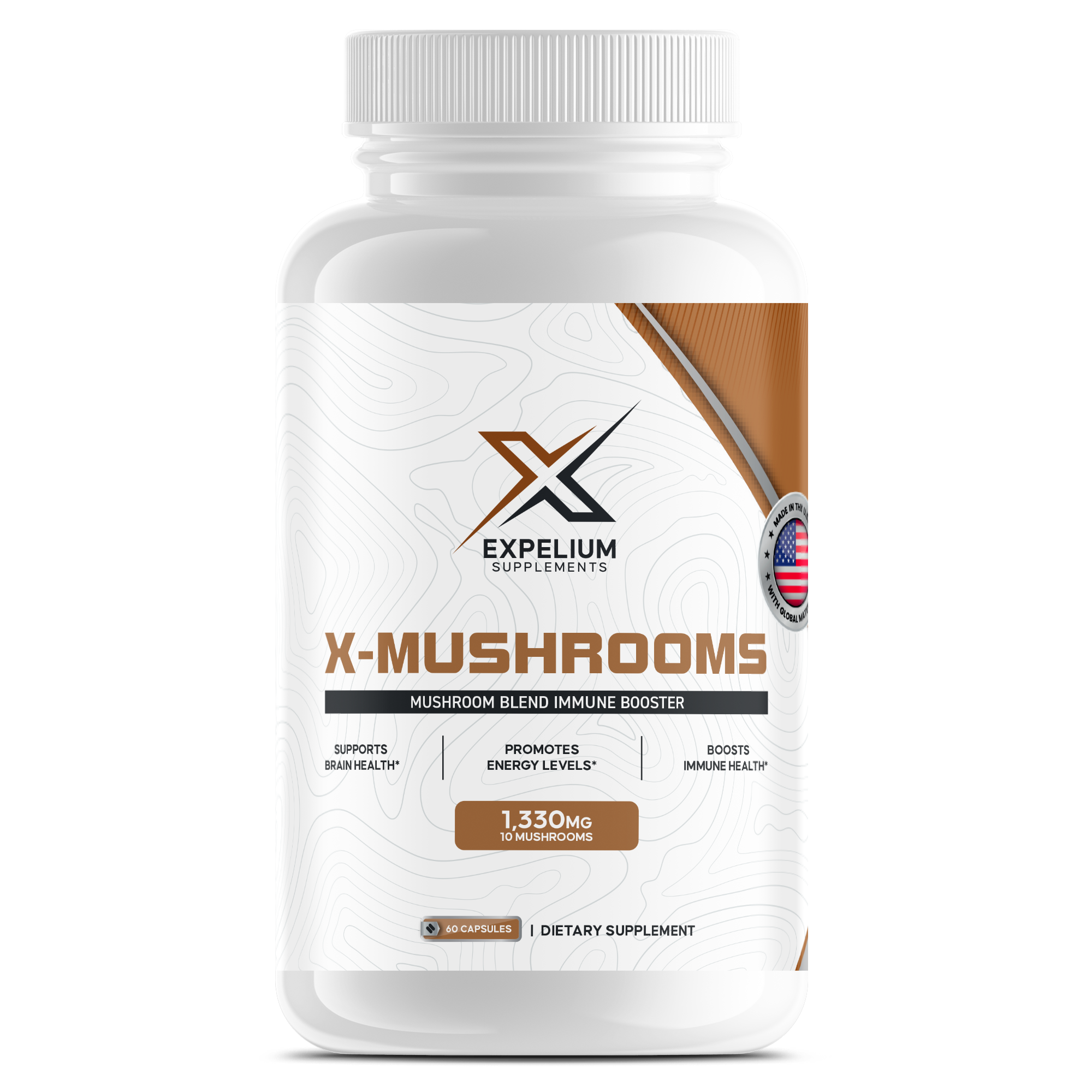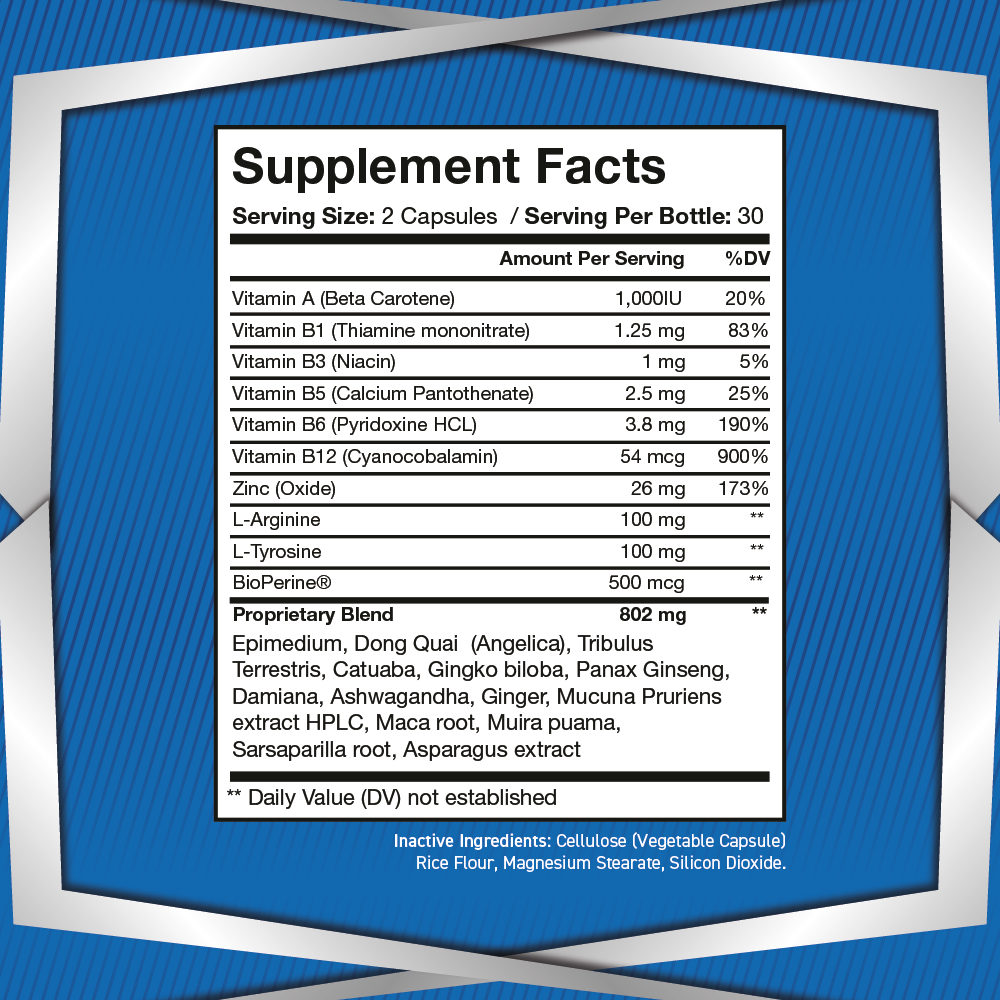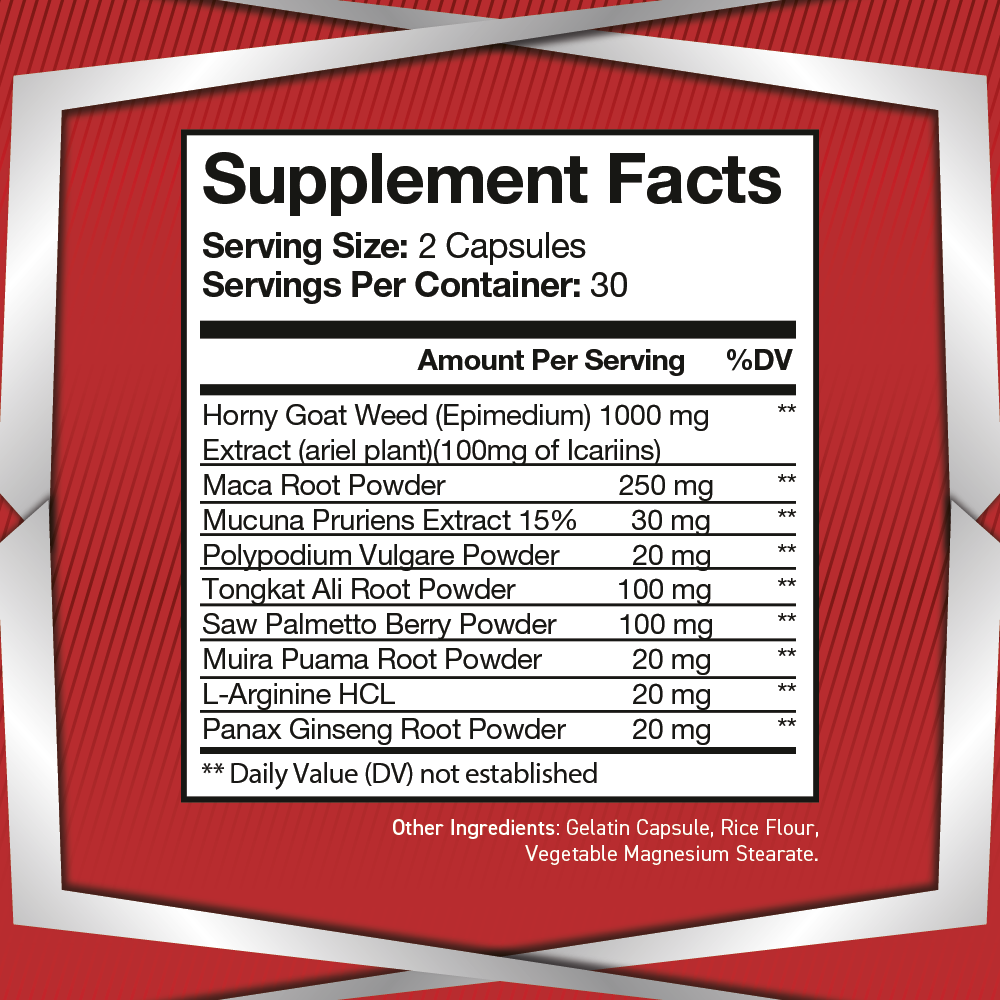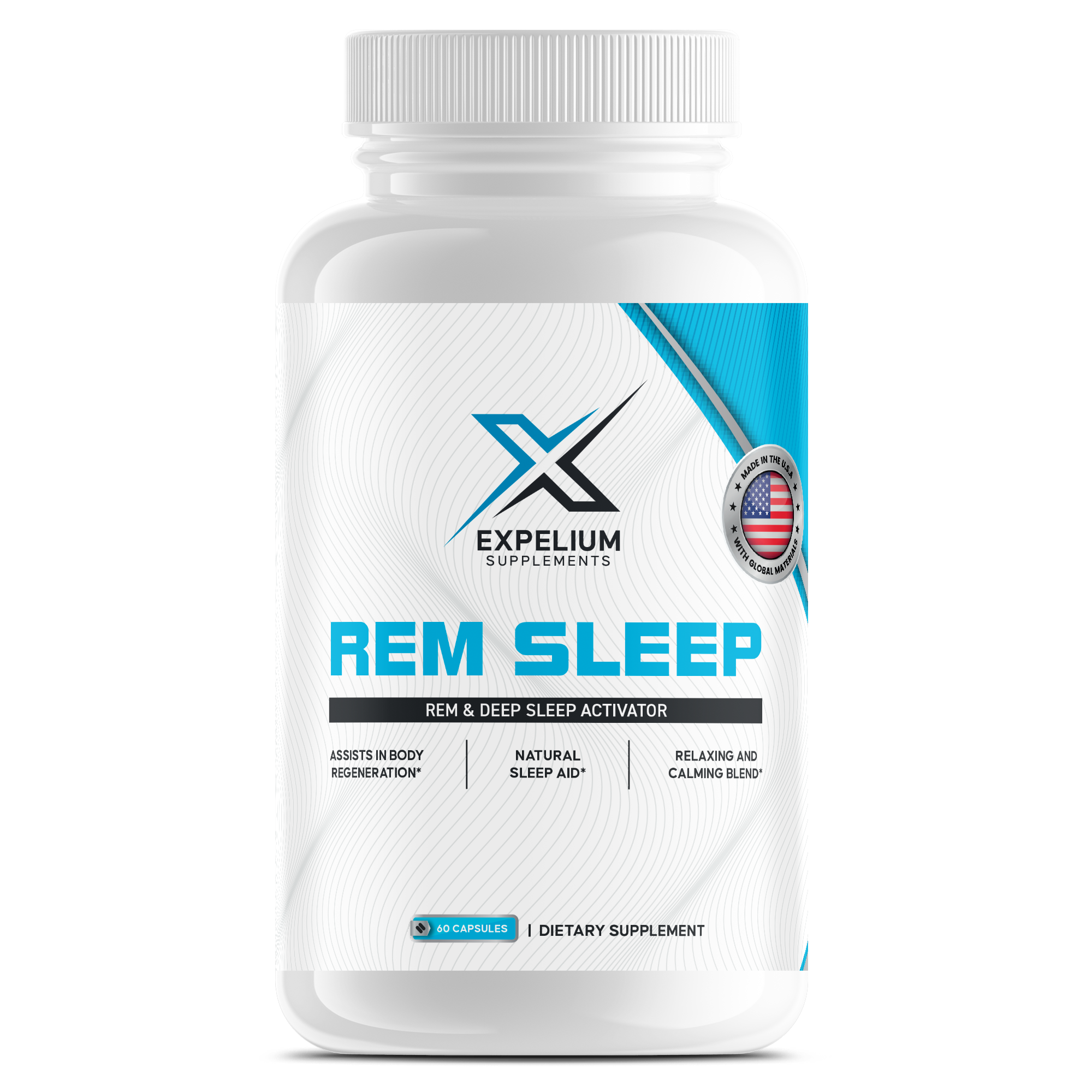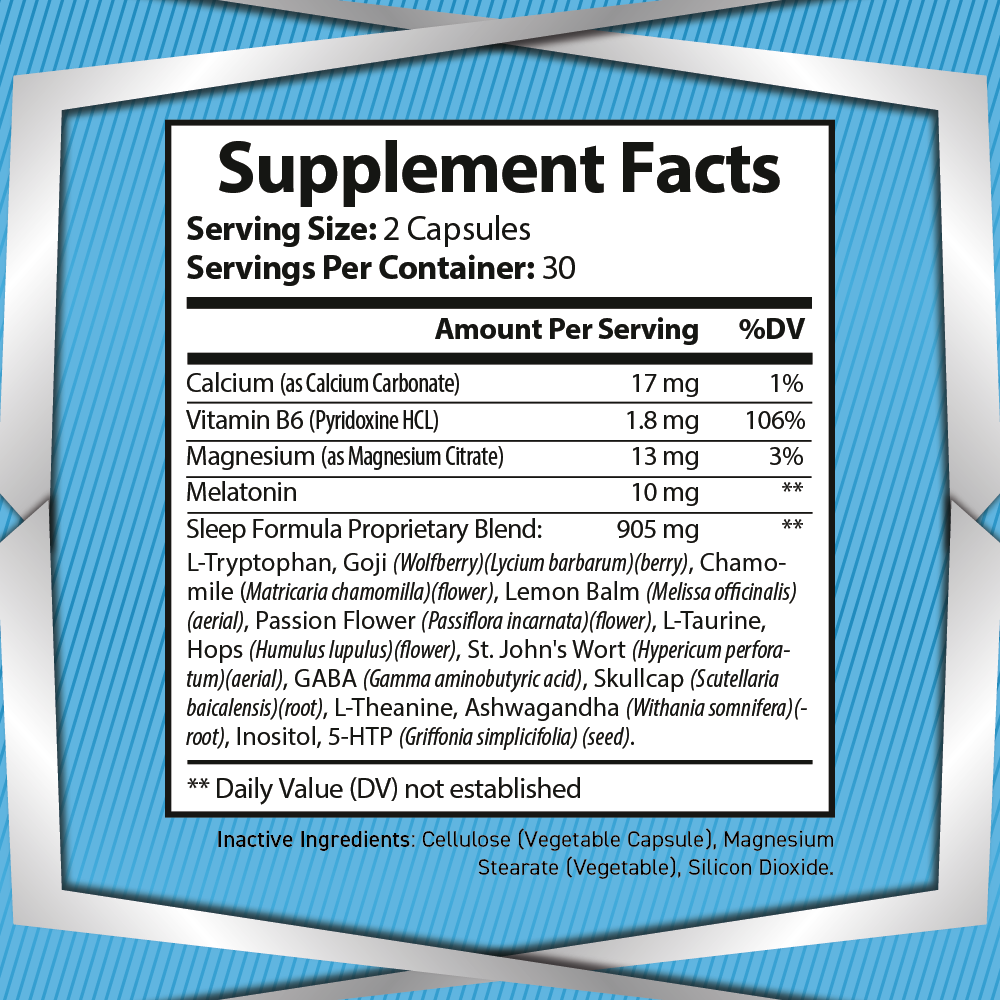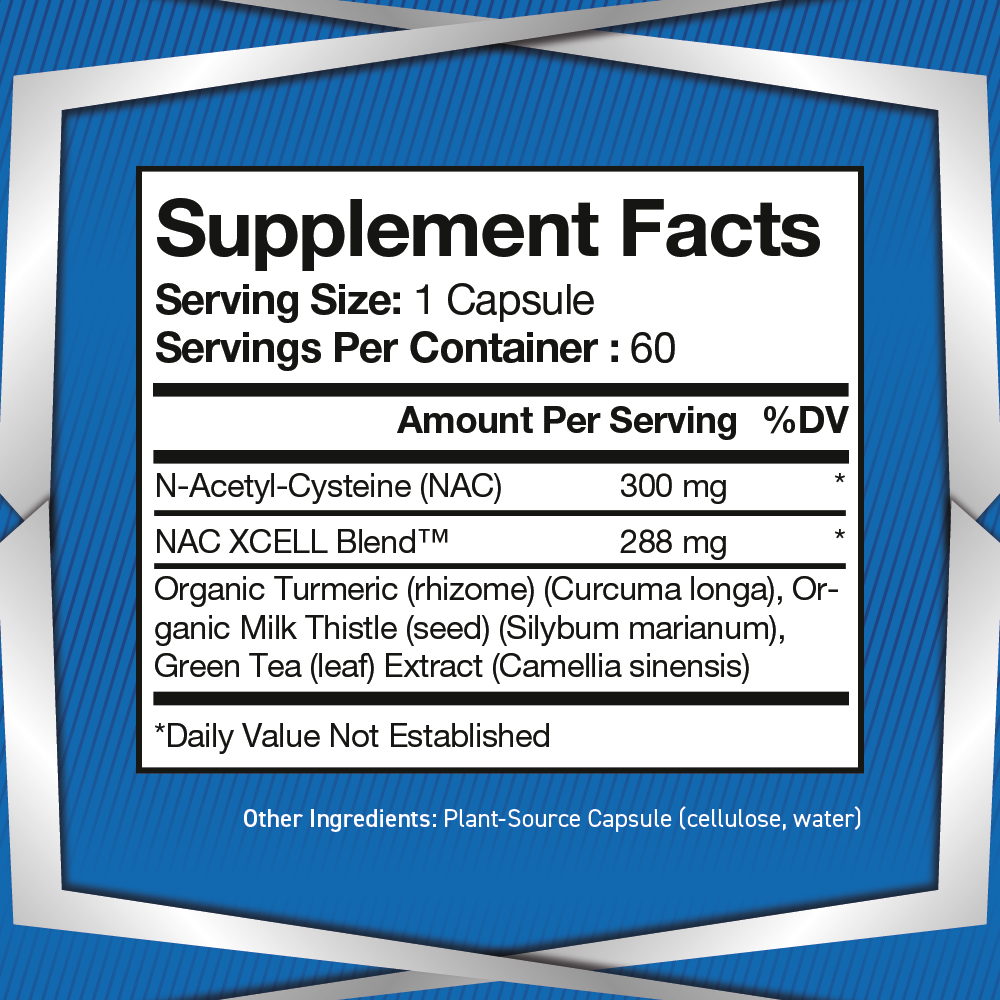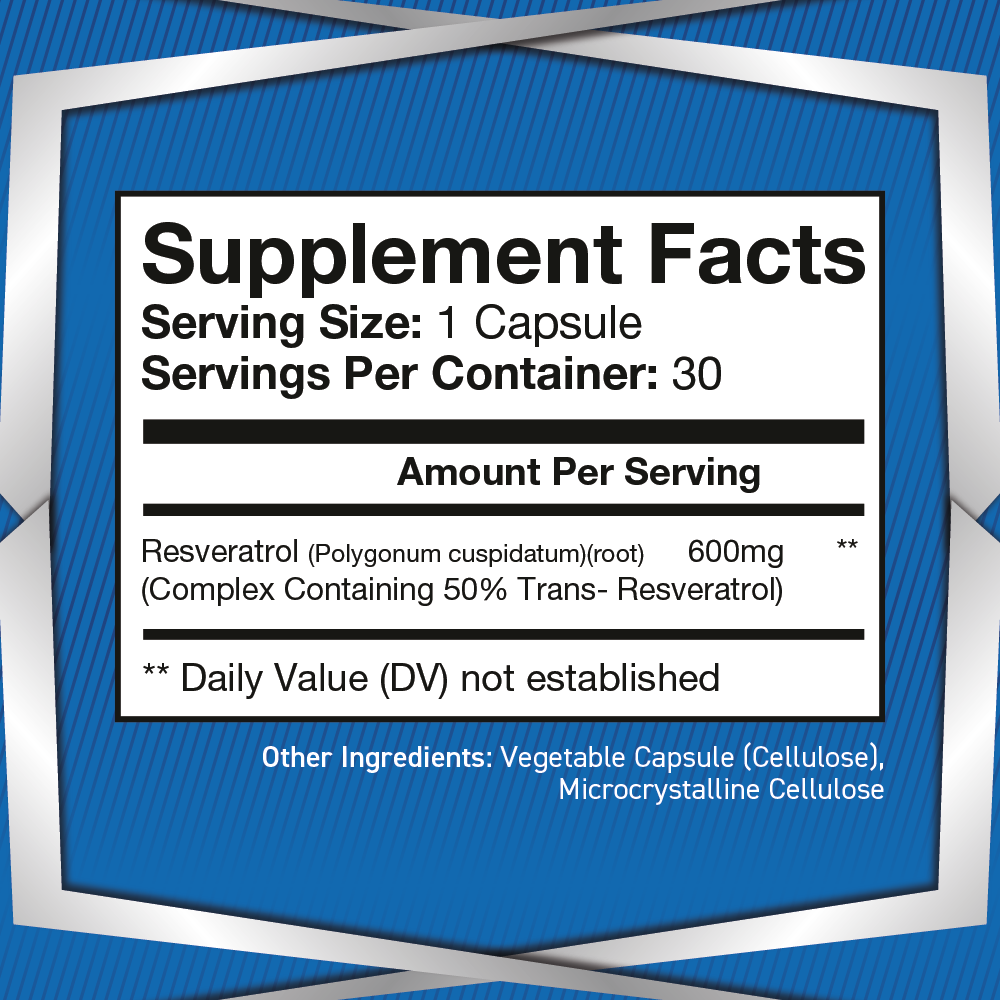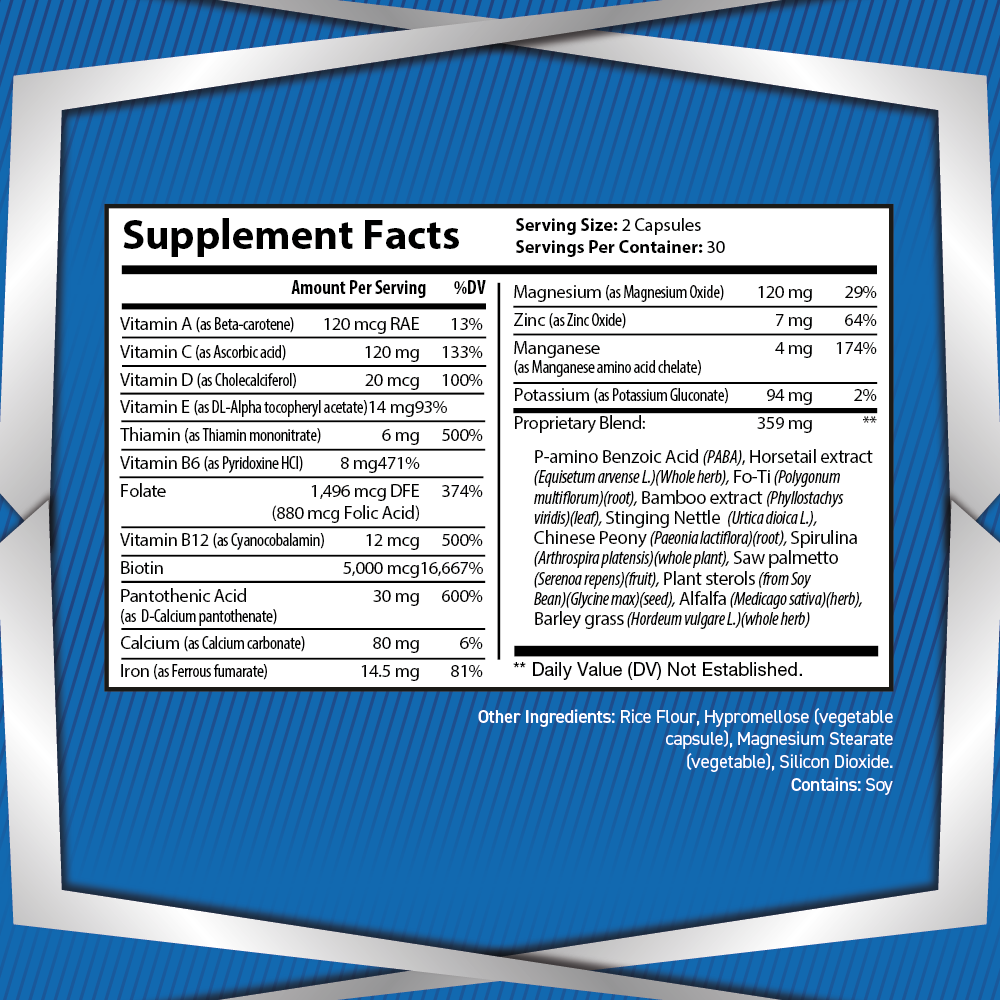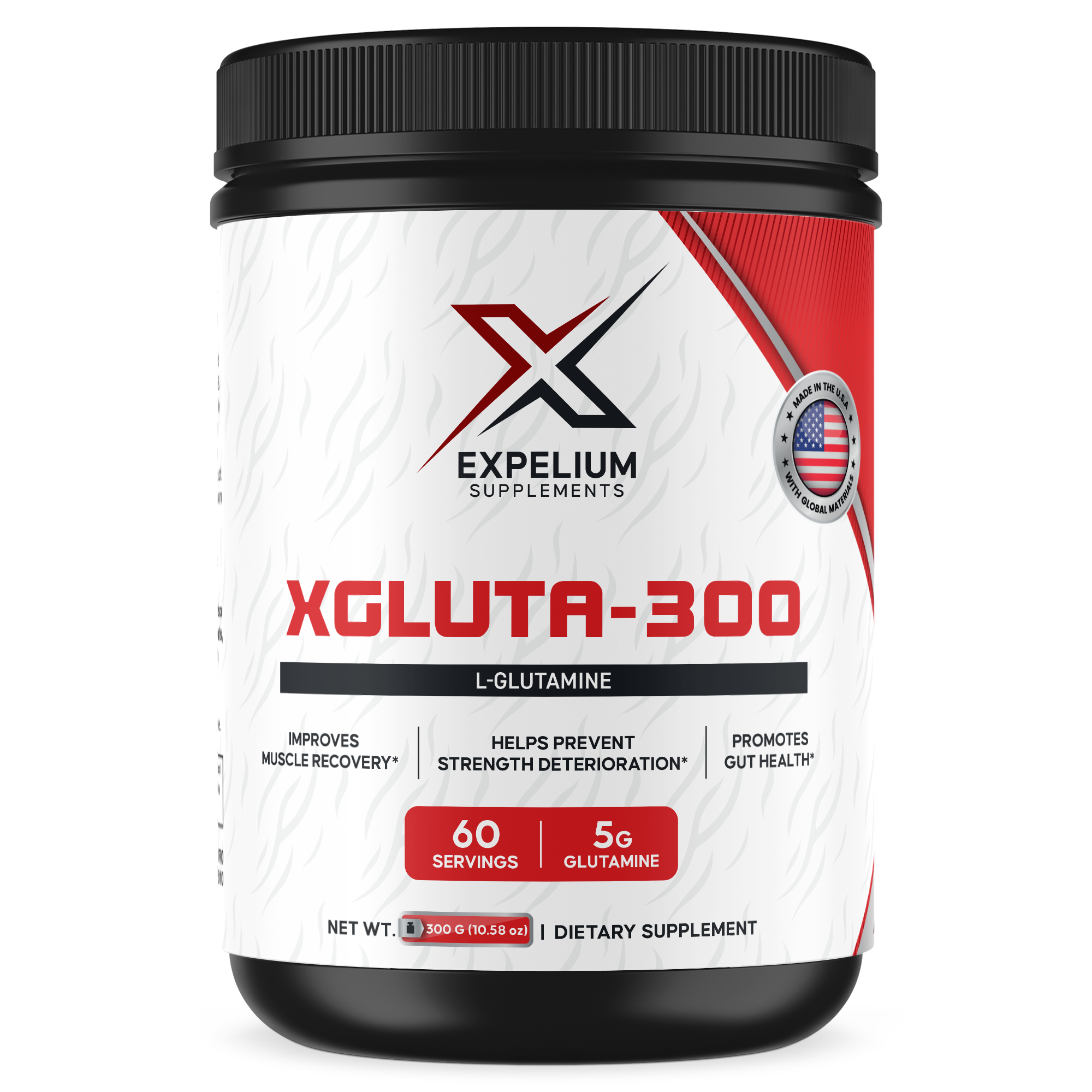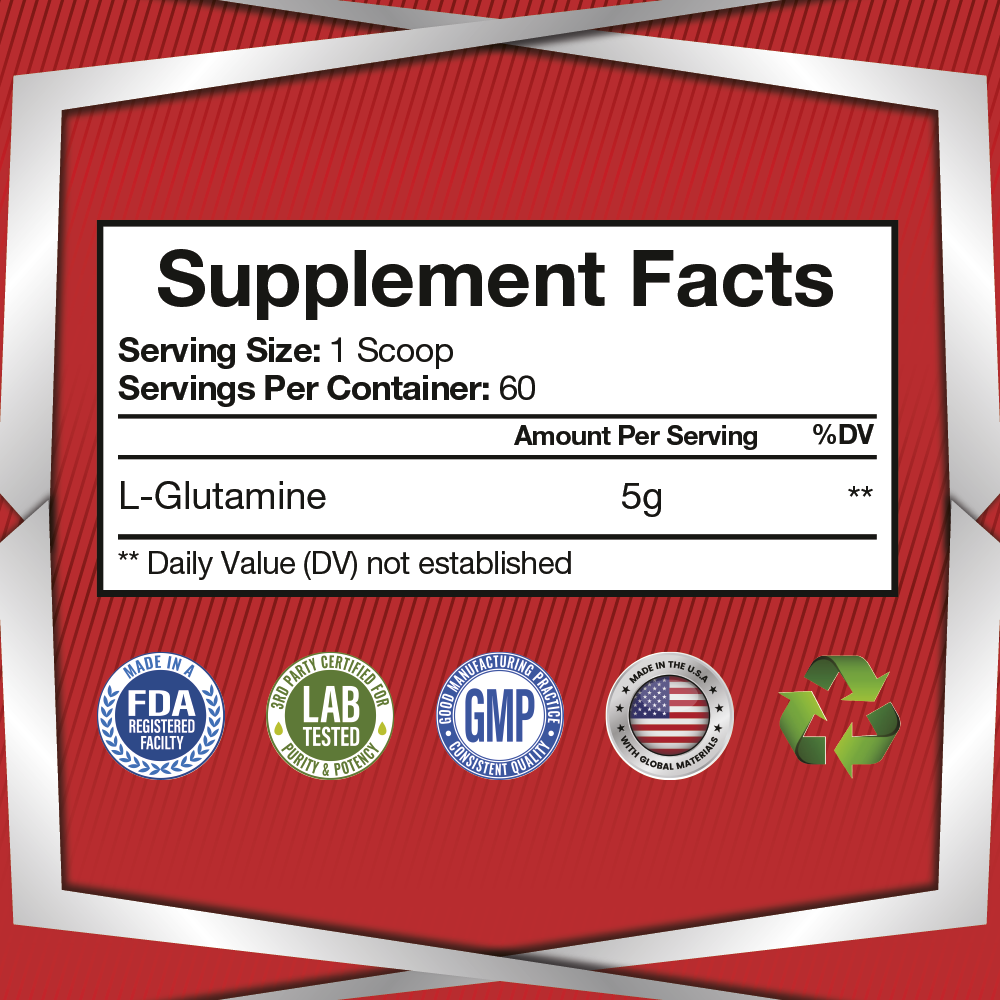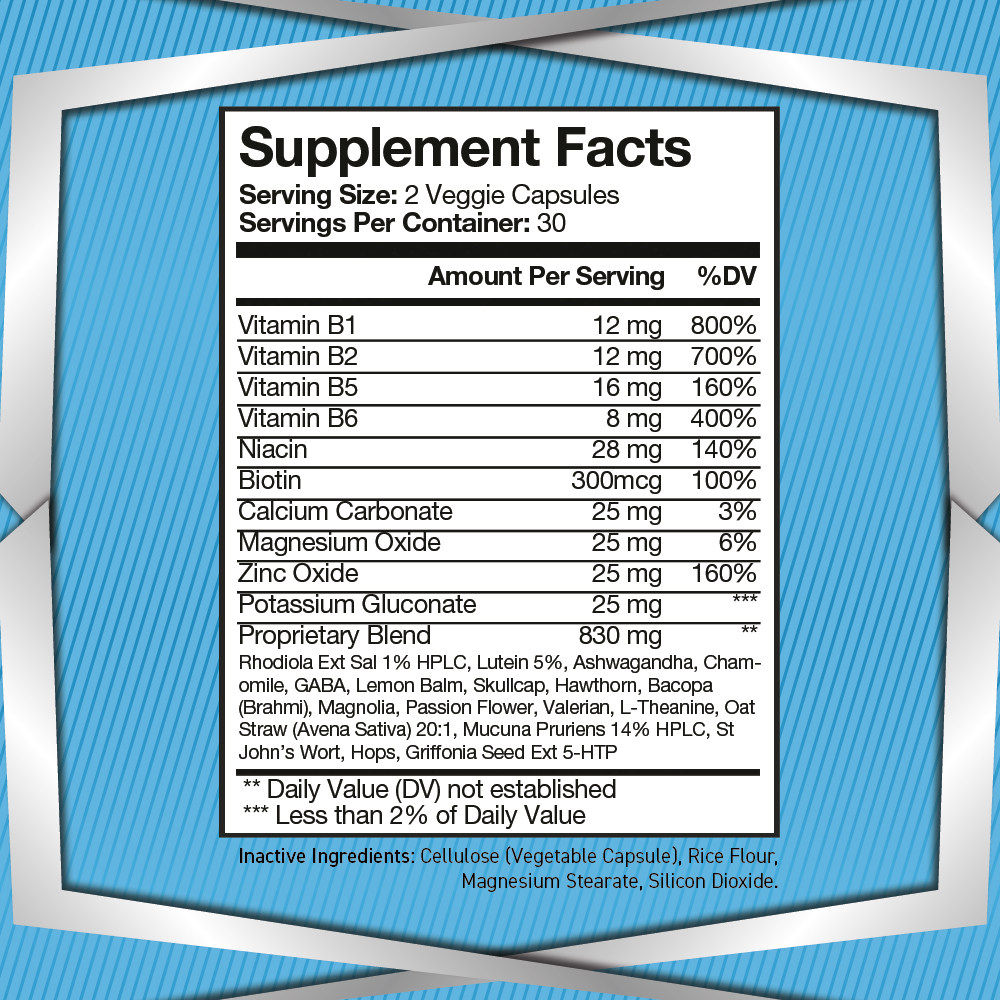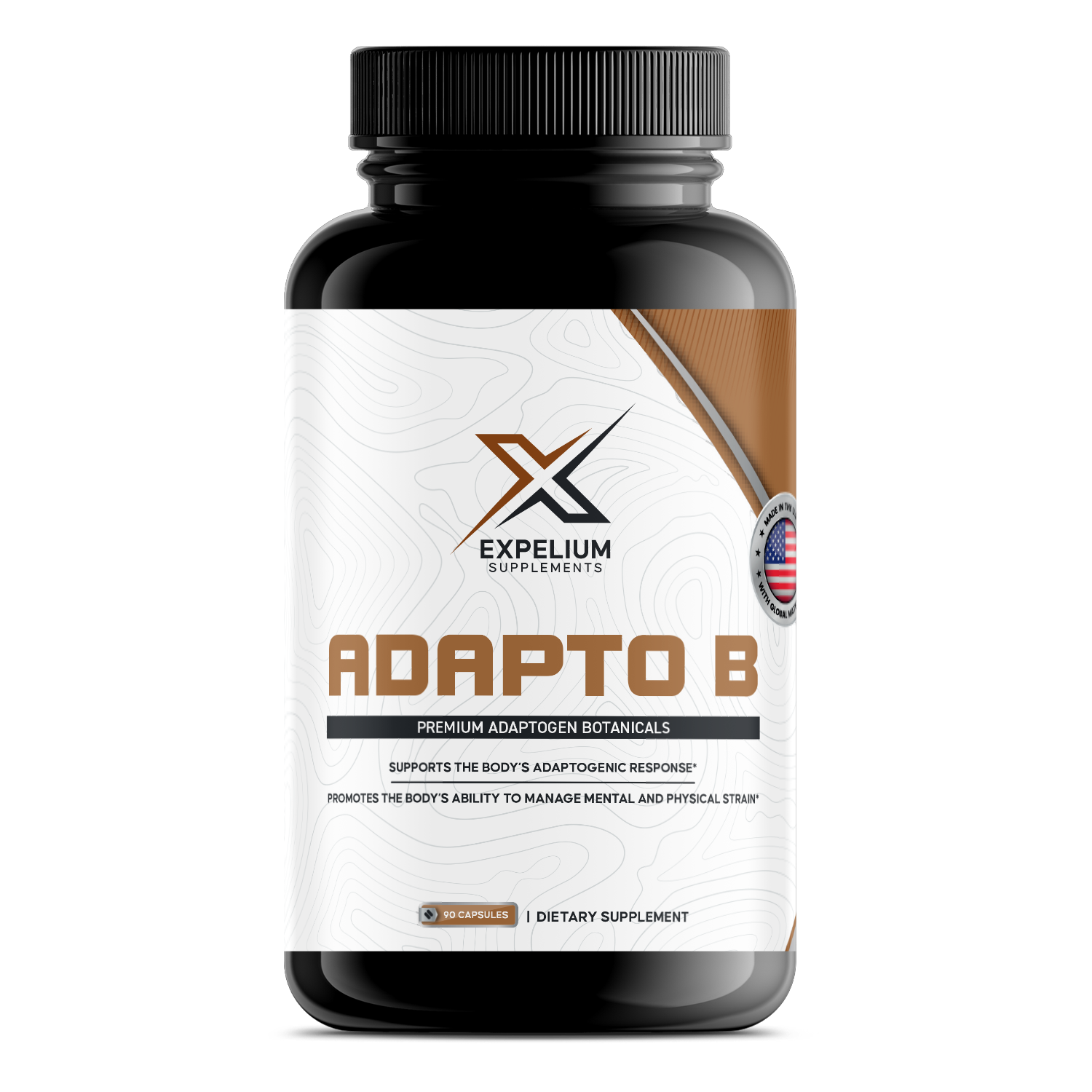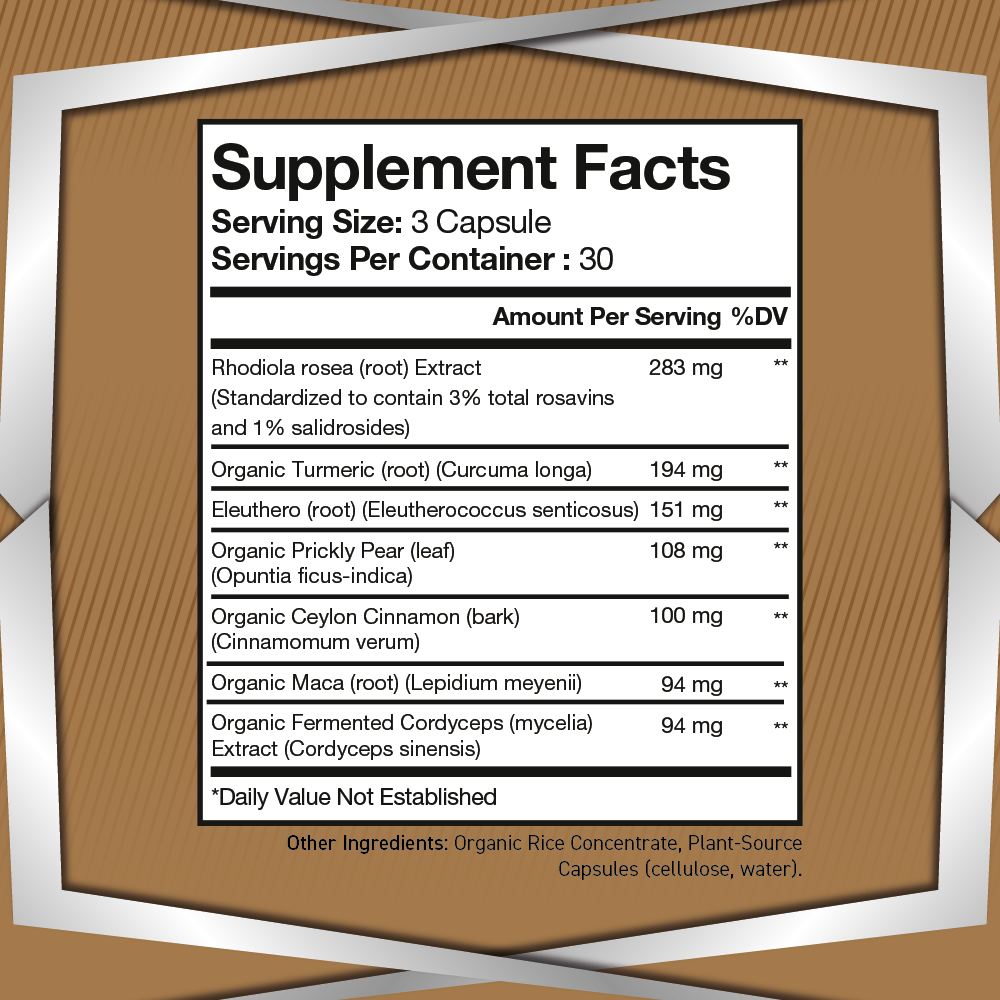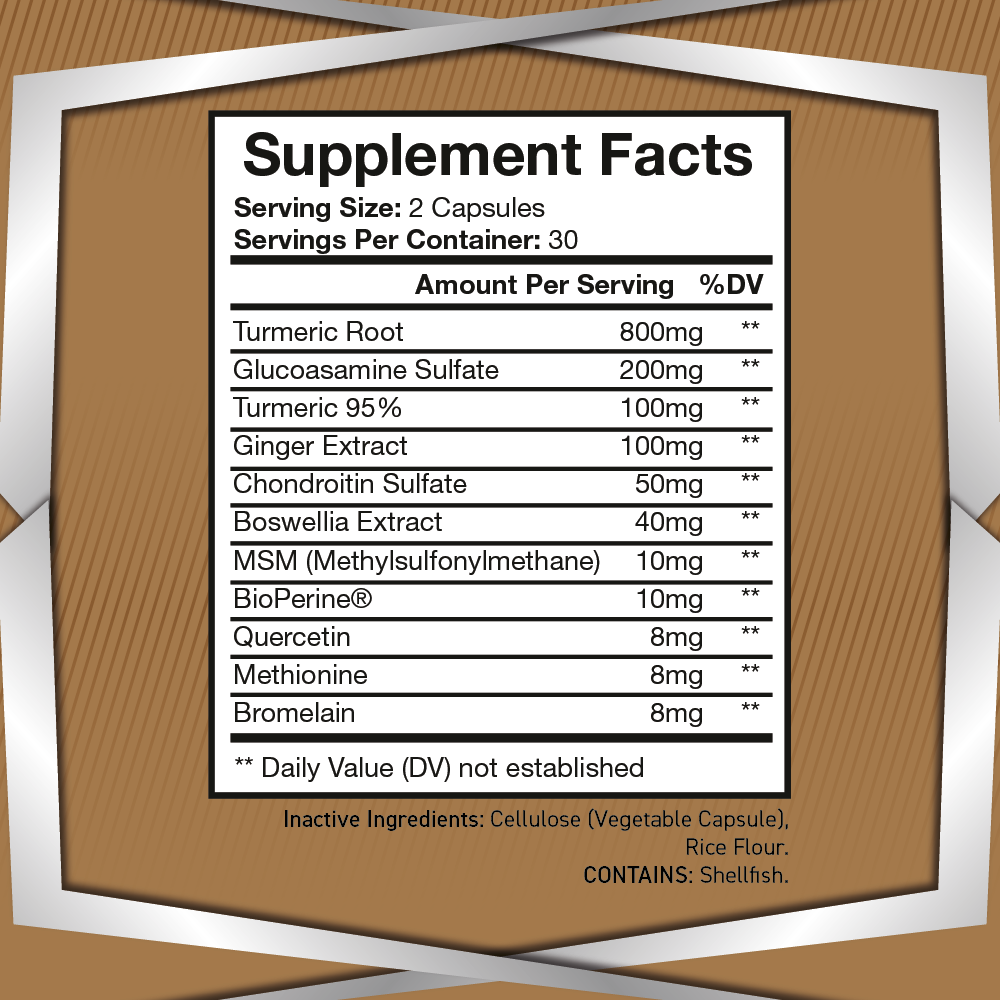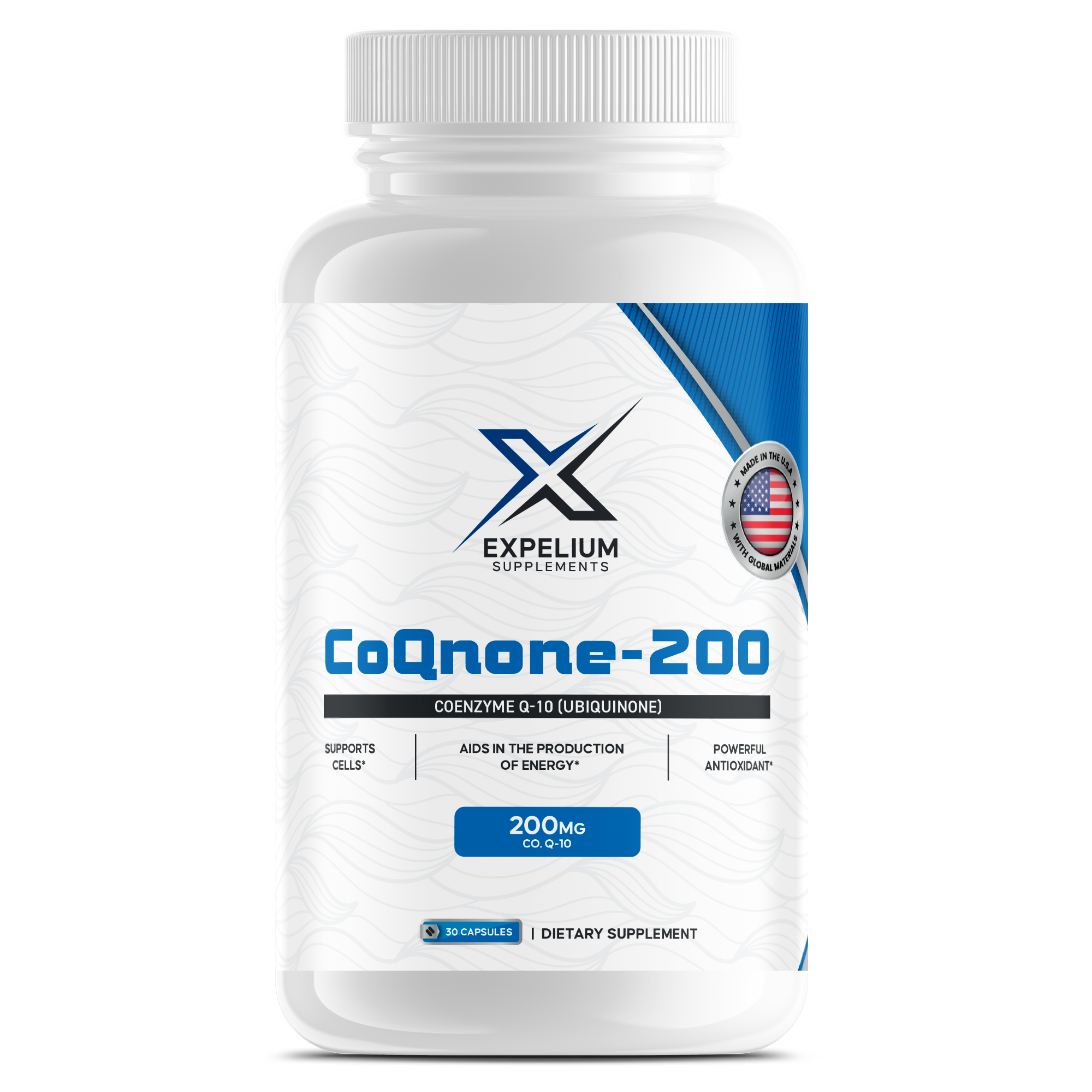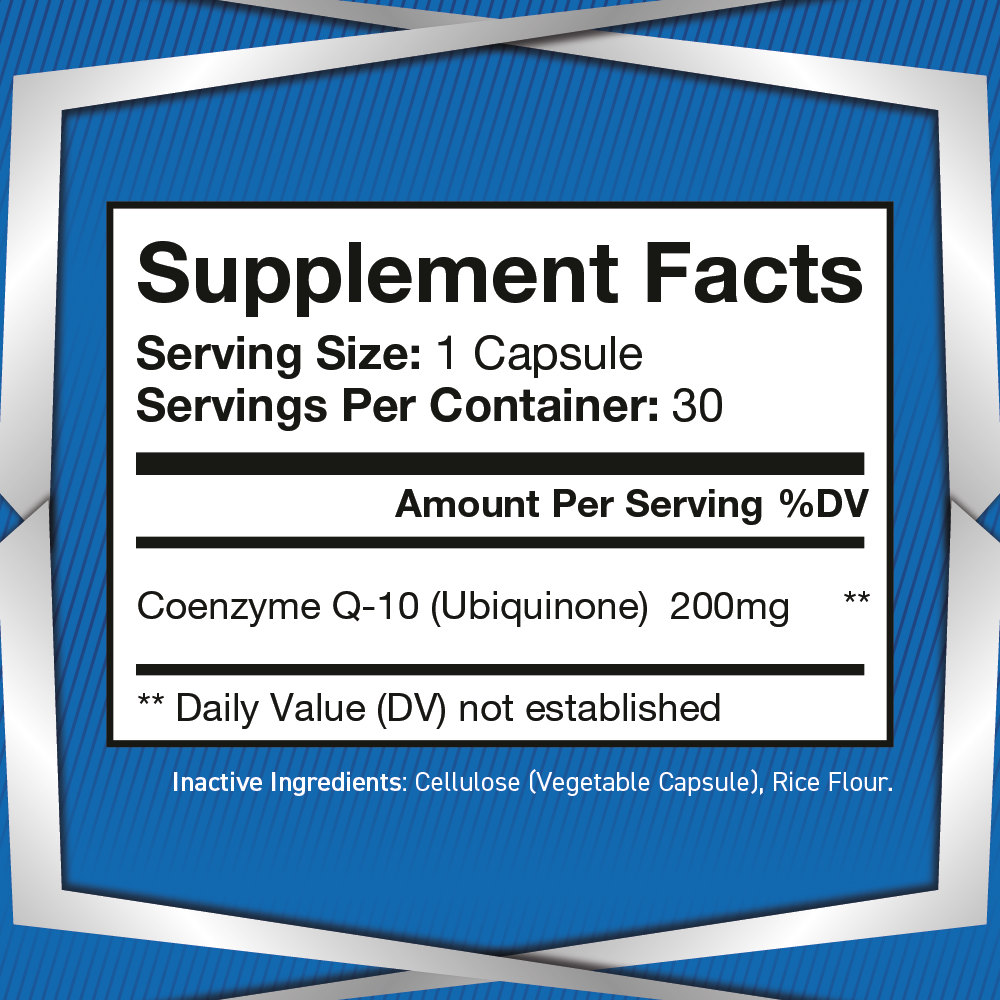Multivitamins are essential dietary supplements that provide a range of vital nutrients in one convenient form. They play a crucial role in bridging nutritional gaps in our diets, ensuring we receive an adequate supply of vitamins and minerals necessary for our body's optimal functioning. From supporting immune health to enhancing energy levels and improving mental clarity, multivitamins offer a plethora of benefits to various demographic groups, including adults, children, pregnant women, and the elderly.
At the heart of multivitamins is their comprehensive nature, offering a blend of vitamins and minerals that our bodies require for various functions. This includes Vitamin D for bone health, Vitamin C for immune support, B vitamins for energy production, and minerals like calcium and magnesium for a host of bodily functions. Multivitamins come in various forms, such as tablets, capsules, powders, and liquids, catering to different preferences and absorption capabilities.
The importance of multivitamins in today's fast-paced world cannot be overstated. With the rise of processed foods and the challenge of maintaining a balanced diet, multivitamins serve as a nutritional safety net, ensuring that individuals do not miss out on essential nutrients. They are particularly beneficial for those with dietary restrictions, such as vegans or vegetarians, who might find it challenging to obtain certain nutrients from their diet alone.
Multivitamins are also pivotal in addressing specific health concerns and life stages. For instance, prenatal vitamins are tailored to meet the increased nutritional needs of pregnant women, supporting fetal development and reducing the risk of birth defects. For older adults, multivitamins can compensate for the decreased nutrient absorption that comes with age, supporting overall health and vitality.
While multivitamins are a valuable tool in promoting health and wellness, they are not a substitute for a healthy diet. Experts emphasize the importance of obtaining nutrients from a varied and balanced diet as the primary source, with multivitamins acting as a supplement for those nutrients that may be lacking. It's also important to choose a multivitamin that suits one's specific health needs, age, and lifestyle, and to consult with a healthcare professional before starting any new supplement regimen.
In conclusion, multivitamins stand as a cornerstone of modern dietary supplementation, offering a practical solution to the nutritional challenges of contemporary life. By providing a broad spectrum of essential nutrients, they support the body's health and well-being across all ages and life stages. Whether for general health maintenance, addressing specific nutritional gaps, or supporting life's milestones, multivitamins offer a versatile and accessible means to enhance our nutritional intake and, by extension, our overall health.

